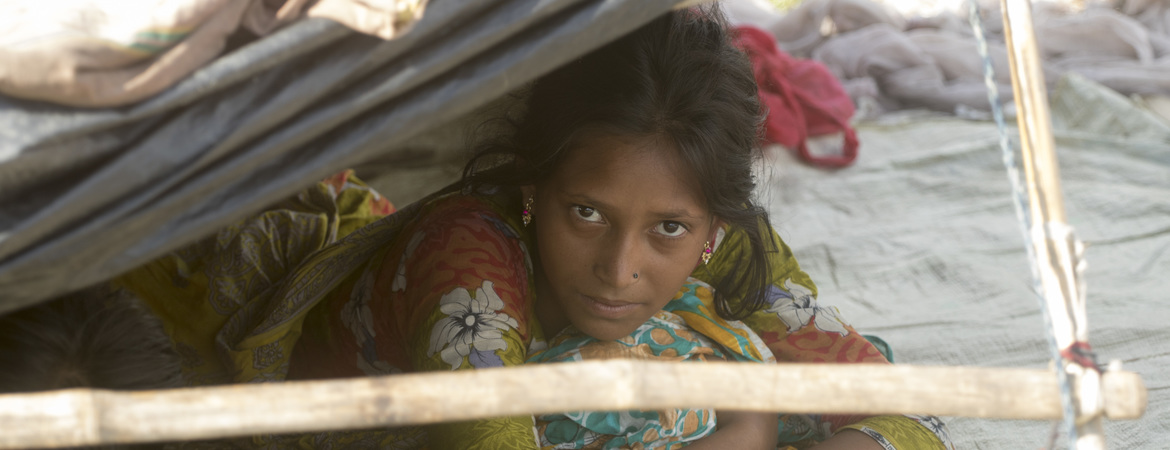WHY IS UK SUPPORT NEEDED?

The urban challenge in Bangladesh is large and complex. Urbanisation is irreversible; its current pace is rapid and unlikely to slow down. Projections estimate that within twenty five years 40% of the population in Bangladesh will live in towns and cities. Urbanisation has been one of the main drivers of poverty reduction (through growth and employment) over the past twenty years in Bangladesh. But this cannot simply be assumed to continue – key challenges need to be tackled now, enabling growing urban populations and the nation as a whole to take advantage of the many economic and social opportunities cities afford. Towns and cities across Bangladesh are highly vulnerable to climate change and provide homes for those who move in response to climate shocks in rural areas.
In terms of development actors, most other major agencies focus on the infrastructure deficit. There is some work on city wide governance but this does not tend to have a strong poverty focus. The work of non-governmental organisations in Bangladesh’s cities is more poverty focused, but is limited by the availability of funding and other resources. The UK has been working on urban poverty for more than ten years, learning about what is most needed and testing options to tackle urban poverty. DFID has built strong networks and partnerships and currently has the policy lead on urban development amongst the donors.